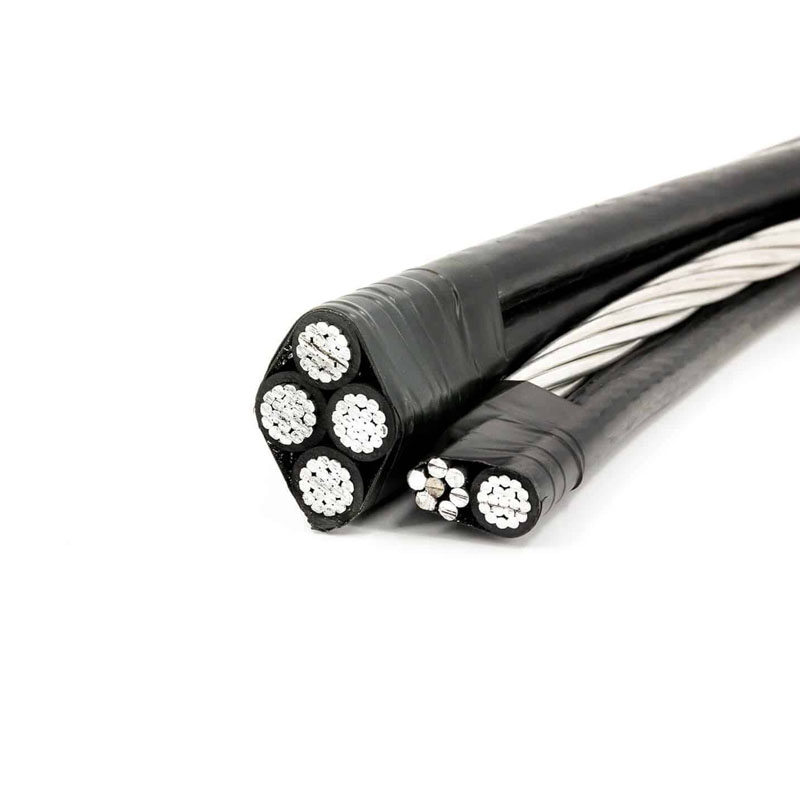
Premium Electric Cables Ideal for Outdoor Garden Shed Use and Installation
The Importance of High-Quality Electric Cables for Garden Sheds
When it comes to enhancing the functionality of your garden shed, one of the most essential yet often overlooked components is the electrical system. Whether you aim to create a cozy workspace, install lighting, or power gardening tools, having high-quality electric cables is crucial for safety and efficiency. This article discusses the importance of choosing the right electric cables for your garden shed and some key considerations to keep in mind.
1. Safety First
The primary reason for investing in high-quality electric cables is safety. Garden sheds can be exposed to various environmental conditions, such as humidity, temperature fluctuations, and even pests. Poor-quality cables can deteriorate quickly under these conditions, leading to potential hazards such as short circuits, overheating, and even electrical fires. Therefore, opting for cables specifically designed for outdoor use ensures that they are durable, moisture-resistant, and capable of withstanding UV exposure.
2. Choosing the Right Type of Cable
When selecting electric cables for your garden shed, several types are worth considering. The most commonly used cables for outdoor applications are Type UF (Underground Feeder) cables or THHN (Thermoplastic High Heat-resistant Nylon-coated) cables. UF cables are great for direct burial and offer excellent water resistance, making them ideal for outdoor conditions. On the other hand, THHN cables are typically used when internal wiring is necessary but also require proper conduit for protection when installed outdoors.
Another critical factor in selecting electric cables is the gauge rating. The wire gauge determines the amount of current a cable can safely carry. For garden sheds, typically a 12-gauge or 14-gauge wire is recommended, depending on the intended electrical load. Using a wire that is too thin can lead to overheating and increase the risk of fire, while a thicker gauge may be unnecessary and costlier. It is always a good idea to consult with a professional electrician to ensure that you’re making the right choice based on your specific needs.
high quality electric cable for garden shed

4. Connector and Outlet Quality
In addition to the cables themselves, the quality of connectors and outlets plays a significant role in ensuring a reliable electrical system in your garden shed. Look for weatherproof outlets and connectors that can withstand the elements. Installing Ground Fault Circuit Interrupter (GFCI) outlets is also advisable, as they offer additional protection against electrical shock, especially in damp areas.
5. Planning for Future Needs
When wiring your garden shed, it’s essential to think ahead. If you plan to add more electrical devices in the future, consider running additional cables or installing a larger circuit panel from the start. This not only saves you the hassle of rewiring later but also keeps your options open for expansion.
6. Professional Installation
While DIY projects can be rewarding, electrical work is best left to professionals, particularly for garden sheds that require compliance with local building codes and regulations. A licensed electrician can ensure that your installation is safe, up to code, and tailored to your specific needs.
Conclusion
In summary, investing in high-quality electric cables for your garden shed is paramount for ensuring safety, functionality, and durability. By choosing the right type of cable, paying attention to gauge ratings, using quality connectors, planning for future needs, and considering professional installation, you can create an efficient electrical system that enhances your garden shed experience. With proper planning and execution, your garden shed can become a versatile and safe space for gardening, crafting, or simply enjoying the outdoors.
-
Reliable LIYCY Cable Solutions for Low and Medium Voltage ApplicationsNewsJul.14,2025
-
Premium Overhead Electrical Wire Solutions for Low and Medium Voltage ApplicationsNewsJul.14,2025
-
Innovative XLPE Electrical Cable Solutions for Modern Low and Medium Voltage NetworksNewsJul.14,2025
-
High-Quality Ethylene Propylene Rubber Cable – Durable EPDM Cable & 1.5 mm 3 Core OptionsNewsJul.14,2025
-
Exploring the Versatility of H1Z2Z2-K 1X4mm2 Cables in Modern ApplicationsNewsJul.14,2025
-
Uses of Construction WiresNewsJul.14,2025
-
Types of Neoprene CableNewsJul.14,2025














